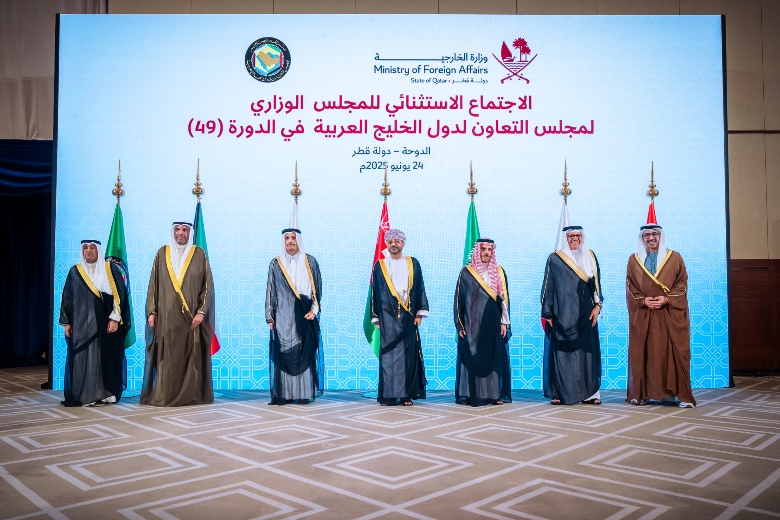Recent Issues
The Weekly Circuit
January 30, 2023
👋 Good Monday morning in the Middle East!Israeli business leaders are appealing to Prime Minister Benjamin Netanyahu to call off proposed changes in the judicial system that they believe will harm the economy. Amid weekly protests that have brought more...








